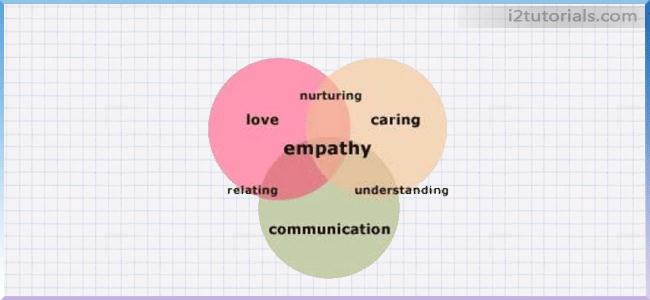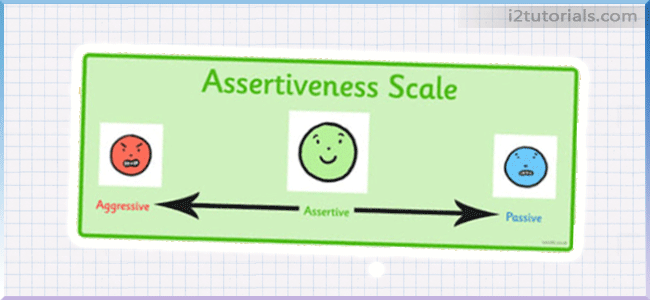
Criticism Management
It is an act of giving your opinion or judgment about the good or bad qualities of something or someone. It is an analysis of judgments of merits & faults of a literary or artistic work.
In simple words, it means they want to give you feedback on what you are doing. It is an expression of disapproval of someone or something on basis of perceived faults or mistakes.
People always wants to find the faults in others in order to show the others down & let them down in front of all; the lesson behind this is of jealousness or selfishness. How much ever / well you have done your work, the critic never stops criticism.

The critics job in not as easy as making a simple comment on a literary work, because he has to handle this tactfully & being conscious that he may fall in the trap of subjectivity. The critic duty is to interpret & expose the targeted literary or artistic work. For this he mainly deals with the following three.
- To interpret
- To evaluate
- To justify
Interpretation:
It includes assessment & appreciation. The critic first analyses and formulates the meaning he elucidates by direct examination of the targeted literary work of one artist.
Evaluation:
In this the critic examines the literary wok and carefully, decides whether it is good or bad. His role is just to identity & makes analyses of the literary work. The critic duty is to pose questions & understand the artistic work, whether it makes sense or not.
Justification:
After interpretation & evaluation, the third step is of justification of such artistic work; he has to judge it impartially, without personal likes & dislikes. He has to make others reliable, the artistic work is really helpful or it does not make any sense.

Functions of criticism:
- People specialized in the field of criticism are called critics.
- Critic interprets the literary work by continuous analysis & formulation.
- Evaluating the artistic work, that is been performed by the artist (i.e good/bad).
- Finally justifies the artistic work, without being partial.
- It can be in the form of oral & written
- One has to take the critics point in an optimistic way.
- In the same way the critics has to provide the feedback in a positive manner.
- It helps to make the changes accordingly & try not to repeats the same mistakes.
- Every critic must understand the nature & quality of act being criticized.
Essentials of criticism:

- Criticism is a form of communication : Critic can provide criticism both in the form of oral & written, where the feedback is more important than only providing criticism, Both the audience & the customer has to be satisfied with the feedback provided by the critic . The person who is patient & able to receive and act on criticism helps towards a better outcome.
- Feedback helps to make you stronger: While working on any literacy work, if you receive a feedback, try to take it in a positive way, that you can implement best out of it. It helps for appreciation / appraisal .Small change makes a large difference try to see things as an optimistic way. Never think from one side, try to make things simple & easy.
- It forces you to think how you work: Assuming that you have tried a lot of literary work & is being continuously criticized. At any point of time don’t lose the hope, try to implement the negative points by converting in to positive. Make the necessary changes that is be given by the critic. So that you will come to know how you worked & improved.
- Right kind of criticism can give your advantage : If the critic gives you a feedback , even though it is a small change, it make a big difference in your future / career . Do not just listen to critic, make sure that you implement in a correct way that will fetch you in future.
- Use positive language & licit a solution: The critic has to provide the feedback In a positive way, by using positive language. It helps the listener to easily understand his drawbacks and implement the same.
TIPS:
- Own your mistake
- Acknowledge the nature of the criticism
- Encourage honest feedback
- Stop dwelling on it
- Above all, put in perspective.
It is something everyone can work on and everyone can employ can learn how to employ it.



